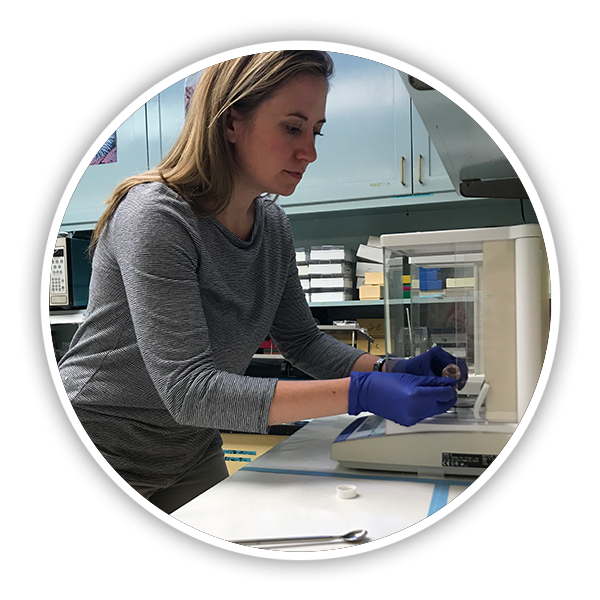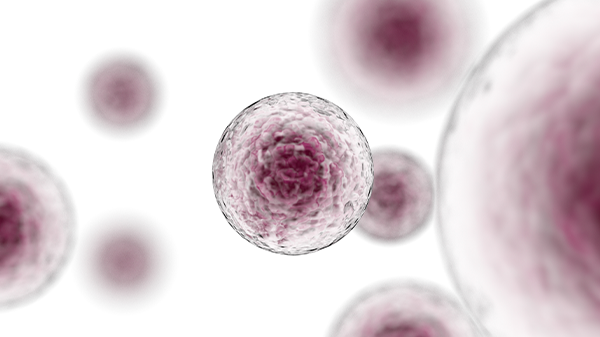Oncology Diagnostics
Diagnostics offered through the NSVH medical oncology service:
- Bone marrow biopsies and aspirates
- Bone tumor biopsies and aspirates
- Various other organ sampling, including lung tumors
- Molecular testing including flow cytometry and PARR
- Cancer staging tests to include: abdominal ultrasound, intra-abdominal organ sampling with fine needle aspirate, x-rays, lymph node sampling


Oncology Diagnostics
Diagnostics offered through the NSVH medical oncology service:
- Bone marrow biopsies and aspirates
- Bone tumor biopsies and aspirates
- Various other organ sampling, including lung tumors
- Molecular testing including flow cytometry and PARR
- Cancer staging tests to include: abdominal ultrasound, intra-abdominal organ sampling with fine needle aspirate, x-rays, lymph node sampling
Therapies Offered
Chemotherapy

There are several types of chemotherapy that can be given as an injection, or in an oral form.
Cancer cells are rapidly dividing cells in the body, and many chemotherapies work by inhibiting this process resulting in cell death. Dogs and cats suffer far less side effects from chemotherapy than humans undergoing treatment. Often times, side effects can be completely avoided with the use of supportive care therapies available to be used during treatment. Most pet owners report very few side effects at all in their pets, with some feeling tired after treatment for a few days or having a decreased appetite. When side effects (mild or severe) do occur, the oncologist will work with you and your pet to determine if adjustments need to be made to the chemotherapy protocol, or if additional supportive medications should be considered. While we want to extend the time you have with your pet, we want to make sure quality of life is always considered.
Targeted Therapy

On the outside of cancer cells in the body are several different receptors that can become
dysregulated in the cancer process. There are several drugs available that can target those receptors and result in cancer cell death. Palladia (toceranib phosphate) is FDA approved in dogs with mast cell tumors, and also has efficacy against several other tumors types and can be prescribed in cats as well. There are other off-label targeted therapies that can be used for various cancers in dogs as well.
Immunotherapy

The immune system plays a very important role not only cancer development, and also in
cancer treatment. Immunotherapies allow the body to attack cancer cells by either stimulating the immune system, or in the form of antibodies that attack cancer cells. The Oncept vaccine is available and may be helpful option for certain canine melanoma patients.

